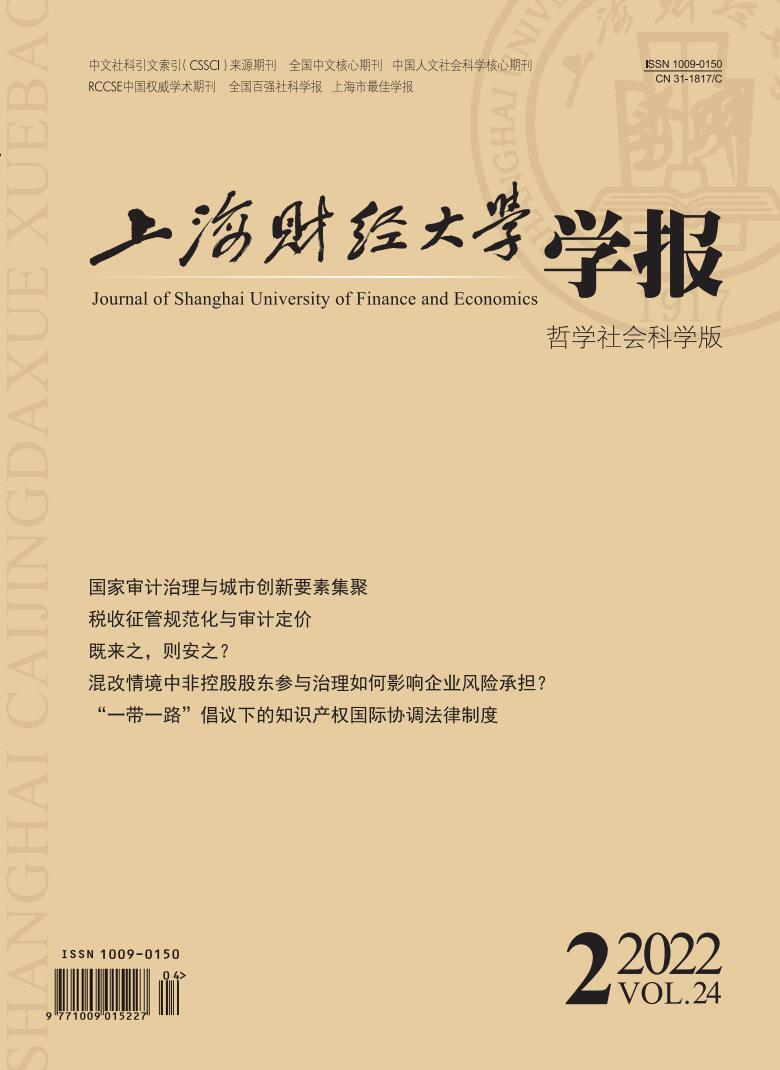National audit plays an active governance role in deepening the reform of the market-oriented allocation of factors and promoting the aggregation of urban innovation elements. Based on the comprehensive measurement index of national audit governance and urban innovation element aggregation, this study takes 285 cities in China from 2006 to 2016 as the research sample and empirically tests the impact of national audit governance on urban innovation element aggregation and the intermediary mechanism of innovation environment optimization. Furthermore, it discusses the influence mechanism of urban heterogeneity on the relationship between national audit governance and urban innovation element aggregation.
This study finds that: Firstly, national audit governance is beneficial to urban innovation element aggregation, which is mainly embodied in the aggregation of innovative talents, capital, technology and data. Secondly, the innovation environment is the intermediary factor that national audit governance impacts urban innovation element aggregation. That is, national audit governance can promote urban innovation element aggregation by optimizing the innovation environment. Finally, the impact of national audit governance on urban innovation element aggregation is more significant in central and western cities, inland cities and other cities except the first and second line, but it is not affected by the heterogeneity of urban administrative hierarchy.
This study enriches the research on the economic consequences of national audit governance and the influencing factors of urban innovation elements, as well as the research on the mechanism of national audit governance affecting urban innovation element aggregation, and expands the theoretical boundary of national audit governance. It provides a theoretical basis for strengthening the national audit governance capability, promoting the modernization of national governance system and governance capability, and improving the aggregation level of urban innovation elements. The conclusions are conducive to transforming the advantages of the national audit system into governance efficiency, giving full play to the supervision and inspection function, punishment function and system improvement function of the national audit, and ensuring the effective implementation of urban innovation policies, so as to optimize the urban innovation environment, improve the city’s ability to attract the elements of innovative talents, capital, technology and data, improve the national science and technology governance system, promote urban innovation element aggregation, and accelerate the construction of a science and technology power.





 5928
5928  8144
8144

